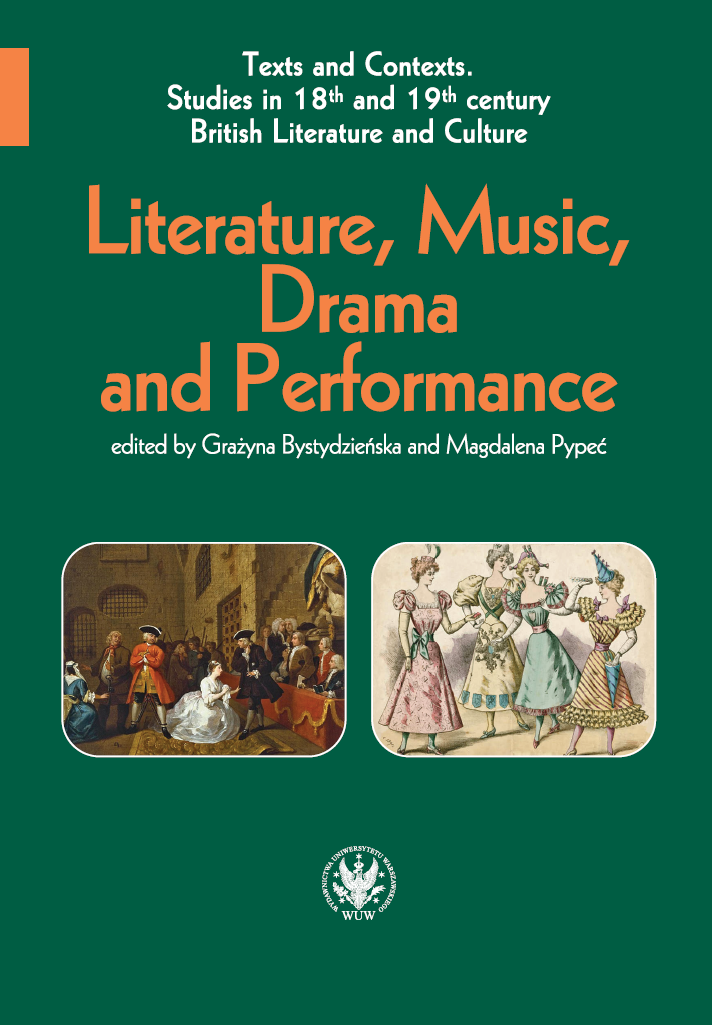Horace Walpole’s The Mysterious Mother – a Gothic Oedipus?
Horace Walpole’s The Mysterious Mother – a Gothic Oedipus?
Author(s): Jacek Mydla
Subject(s): Cultural history, Theoretical Linguistics, Applied Linguistics, Philology, British Literature
Published by: Wydawnictwa Uniwersytetu Warszawskiego
Keywords: Oedipality; Gothicness; story (fabula) and discourse (syuzhet); incest; amnesia; ignorance and self-knowledge
Summary/Abstract: The article offers a comparative examination of Horace Walpole’s Gothic play, "The Mysterious Mother" (1768) and Sophocles’ "Oedipus Tyrannus", the goal being to assess the Oedipality and the Gothicness of these two plays. Two meanings of the Oedipal are distinguished: a unique narrative structure and a cluster of themes. There are many features which make us classify Walpole’s play as Gothic (e.g. its medieval setting). On the other hand, an adequate idea of the Gothic ought not to ignore the narrative dynamic typical of the genre, or the relation between story (fabula) and discourse (syuzhet). Thus, if Gothic plots narrate the finding out of identity-defining secrets, then the "Oedipus" is “more Gothic” than "The Mysterious Mother". Thematically, Walpole’s play is occupied with “horrid” transgressions (actual and possible acts of incest), yet there is in Walpole no sustained examination of the finding out of past crimes and the way in which this process impacts the protagonists’ and the community’s sense of identity.
Book: Literature, Music, Drama and Performance
- Page Range: 83-102
- Page Count: 20
- Publication Year: 2019
- Language: English
- Content File-PDF

